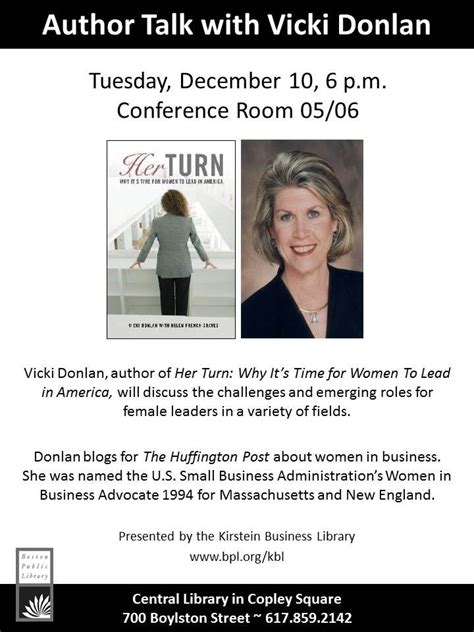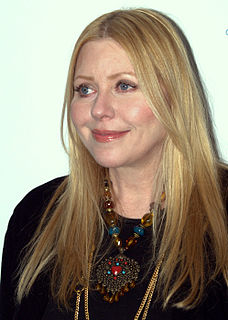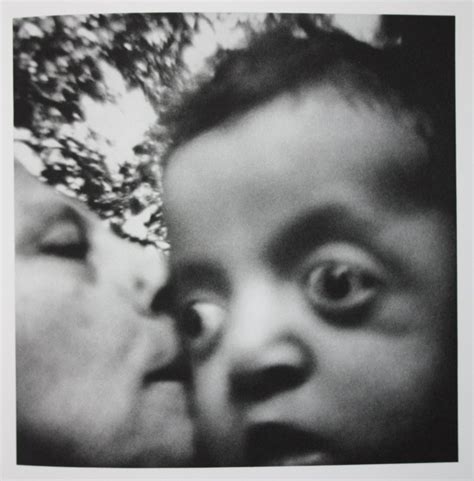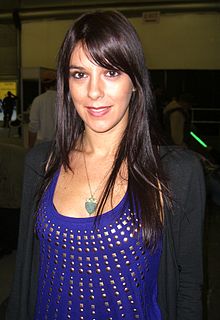A Quote by Julian Barnes
Women were brought up to believe that men were the answer. They weren't. They weren't even one of the questions.
Related Quotes
'Crash' was incredibly personal to me. So was 'In the Valley of Elah.' There were things in 'The Next Three Days' that were questions I was asking myself but couldn't answer, like how far would you go for love? Can you believe in somebody who can't even believe in themselves? But this is highly personal.
So when I say that I think we would have a different ethical level, particularly in corporate America, if there were more women involved, I mean that what women are best at is asking questions. Women ask questions over and over again. It drives men nuts. Women tend to ask the detailed questions; they want to know the answers.
I was a young feminist in the '70s. Feminism saved my life. It gave me a life. But I saw how so much of what people were saying was not matching up with what they were doing. For example, we were talking about sister solidarity, and women were putting each other down. We were talking about standing up for our rights, and women weren't leaving abusive relationships with men. There were just so many disconnects.
Back in the days when men were hunters and chest beaters and women spent their whole lives worrying about pregnancy or dying in childbirth, they often had to be taken against their will. Men complained that women were cold, unresponsive, frigid... They wanted their women wanton. They wanted their women wild. Now women were finally learning to be wanton and wild - and what happened? The men wilted.
You can't do a movie without villains. You have to have something for the heroines or anti-heroines to be up against, and I wasn't going to contrive some monstrous female, but even if this were the most men-bashing movie ever made-let all us women get guns and kill men-it wouldn't even begin to make up for the 99% of all movies where the women are there to be caricatured as bimbos or to be skinned and decapitated. If men feel uncomfortable in the audience it is because they are identifying with the wrong character.






































